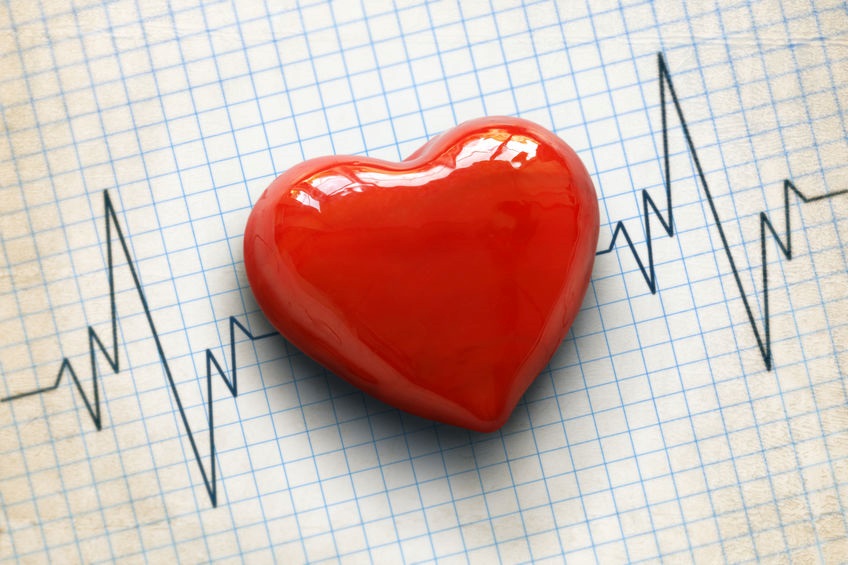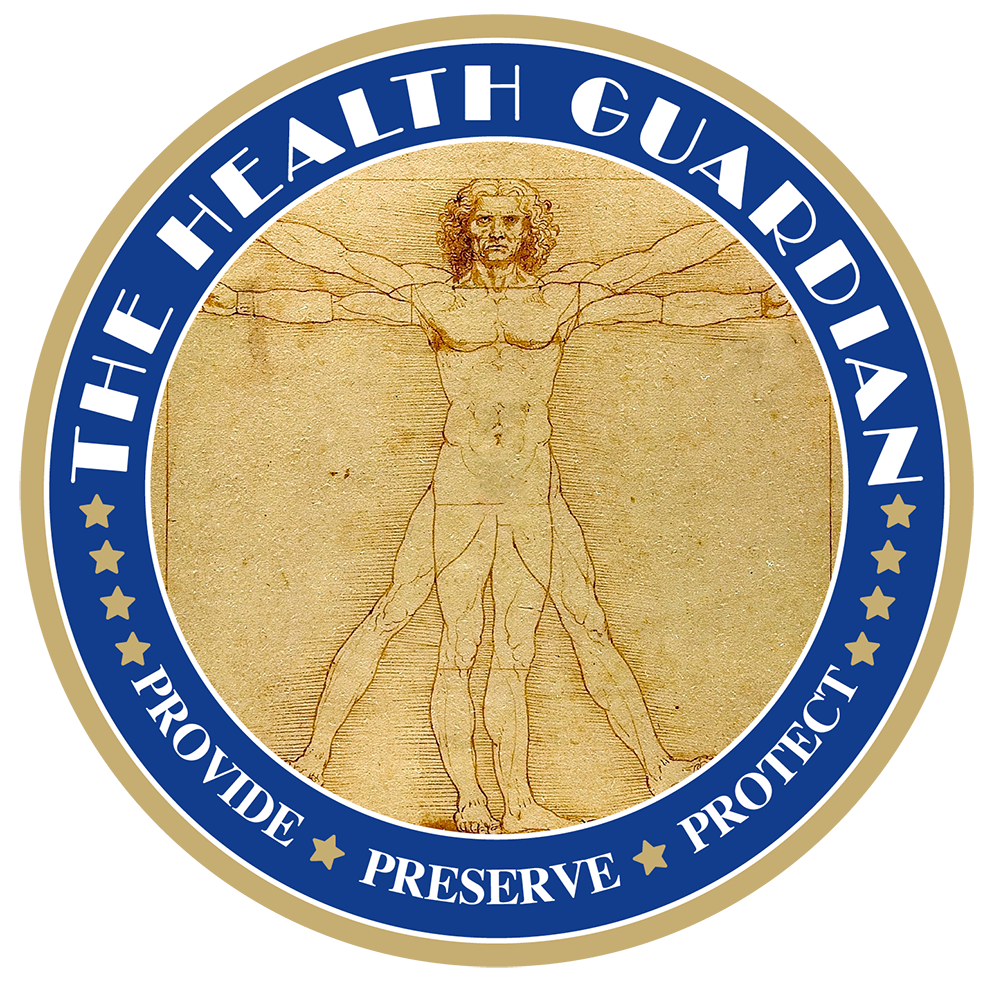 Heart disease, also referred to as “cardiovascular disease,” is a general term that refers to a variety of conditions that can affect the blood vessels, muscles, valves, or rhythm of your heart. This includes things like coronary artery disease, various types of arrhythmias, and several other conditions.
Heart disease, also referred to as “cardiovascular disease,” is a general term that refers to a variety of conditions that can affect the blood vessels, muscles, valves, or rhythm of your heart. This includes things like coronary artery disease, various types of arrhythmias, and several other conditions.Heart disease is one of the most common problems plaguing Americans today. In fact, according to the American Heart Association, heart disease “claims more lives each year than all forms of cancer and Chronic Lower Respiratory Disease combined.” It’s predicted that by 2030, cardiovascular disease will be responsible for more than 23.6 million deaths per year.
Only by understanding this devastating diagnosis can we learn about heart disease risk factors, signs, and symptoms, and learn how to take measures to prevent it.
Heart Disease Risk Factors
Though the odds of being diagnosed with heart disease are slightly higher for some than others, in general, it doesn’t seem to discriminate based on one’s race, ethnicity, or gender. Heredity can play a role in determining who may get heart disease, but there are many other risk factors, like:
- Age. Older hearts have been through more, and so are more prone to have suffered the wear and tear that can lead to some heart diseases.
- Tobacco use. Inhaling smoke increases your risk of heart disease, even if it’s secondhand. Smoking causes your blood pressure to rise, decreases oxygen supply, and causes severe tissue/blood vessel damage.
- Alcohol use. Drinking too much can also raise your blood pressure. Plus, alcohol can cause the types of fat buildup that clog arteries and cause heart attacks.
- Bad eating habits. Food is fuel, and bad fuel can cause your body to run poorly. Processed foods and saturated fats can raise your blood pressure and cholesterol while increasing plaque production.
- Obesity. Being overweight typically increases blood pressure and exacerbates other risk factors.
- Low activity levels. Not getting enough exercise can also contribute to other heart disease risk factors.
- Stress. Being anxious or stressed for a prolonged period of time can actually take a physical toll on your heart.
Signs and Symptoms of Heart Disease
If you fall into one or more of the above categories, it’s a good idea to closely monitor your health and keep an eye out for the symptoms associated with heart disease. If you notice any of the following signs, consult your doctor:Chest Pain
Sharp chest pains are the symptom that most people associate with heart issues, although pressure, tightness, and general discomfort in the chest region can also be indicators of a problem. Additionally, some people have even described their chest pain as having a burning or tingling sensation. Chest pain associated with heart problems will last for several minutes or longer, not just a few seconds. Regardless of how it feels to you, chest pain can happen at any time, not just while you’re being physically active, and should be discussed with your doctor ASAP.
Abnormal Heartbeat
The occasional irregular heartbeat isn’t necessarily something to be concerned about, as these can be caused by things like caffeine or stress. However regular palpitations, also known as heart arrhythmia, can be a major concern. If you’re experiencing an irregular heartbeat, keep track of it. Write down when it happens, how long it lasts for, and whether it is associated with any particular event or activity. Heart palpitations can be an indicator of atrial fibrillation and coronary artery disease, amongst other things.
Strange Aches and Pains
It’s not just chest pain that is associated with heart problems. Cardiac issues can also cause unexplained pains or pains in other parts of the body. This is usually caused by a blockage that prevents blood from reaching the heart. If this is the case, the pain tends to start in the chest that radiates outward and can be felt in arm (typically the left arm), shoulders, and even the throat and jaw area.
Shortness of Breath
Heart problems can cause you to become short of breath very easily. While most people become exerted during moderate physical activity those with heart disease will often experience shortness of breath after doing light physical activity, or even at random and unexplained times.
Lightheadedness
Just as with shortness of breath, people with heart problems may become dizzy or lightheaded very easily and/or for no reason at all. This can be a sign of a drop in blood pressure caused by the heart’s inability to pump blood as it should.
Constant Coughing
It’s not uncommon for someone to cough occasionally or have a lingering cough from a sickness, but to cough all the time is not normal. Coughing can be a sign of fluid in the lungs and can produce white/pink mucus that is alarming, to say the least. If you are coughing something up on a regular basis, you need to let your doctor know right away.
Swollen Lower Extremities
If your heart is having trouble pumping blood, it can cause bloating and swelling. In someone with a heart condition, this swelling is typically seen in the legs, ankles, and feet. Swelling like this can also be a side effect of some medications or a sign of liver failure, so this is, again, a condition you need to discuss with your family doctor.

Complications of Heart Disease
Again, there are many conditions that fall into the heart disease category, but ultimately they can result in several similar medical conditions, all of which are life-threatening, including:
- Heart attack
- Heart failure
- Stroke
- Aneurysm
- Pulmonary embolism
- Atrial fibrillation
- Peripheral artery disease
- Cardiac arrest
- Erectile dysfunction
Preventing Heart Disease
Heart disease is much easier to treat if it is discovered early. There are also a number of steps you can take to reduce the risk of developing heart disease, like:
- Quitting smoking
- Restricting alcohol consumption
- Eating healthier (fruits, vegetables, lean meats, etc.)
- Lowering cholesterol (if applicable)
- Lowering blood pressure (if applicable)
- Managing diabetes (if applicable)
- Exercising regularly
- Lose weight (if applicable)
- Try to reduce stress/anxiety
- Strategic supplementation program
Remember, if you have observed any of the above signs of heart disease, make an appointment to see your doctor. Additionally, if you suddenly experience vomiting, sweating, fainting, fatigue, dizziness, chest pain, or shortness of breath, the best thing to do is call 9-1-1 or have someone drive you to the hospital right away.
Finally, you can take further control of your health by adding supplements to your daily routine. The Health Guardian's CardioForLife® is routinely one of our best sellers. Filled with a variety of amino acids and vitamins that your heart needs, it makes the perfect addition to your everyday, heart-healthy routine. Click here to order some and take the first step toward preventing heart disease.
